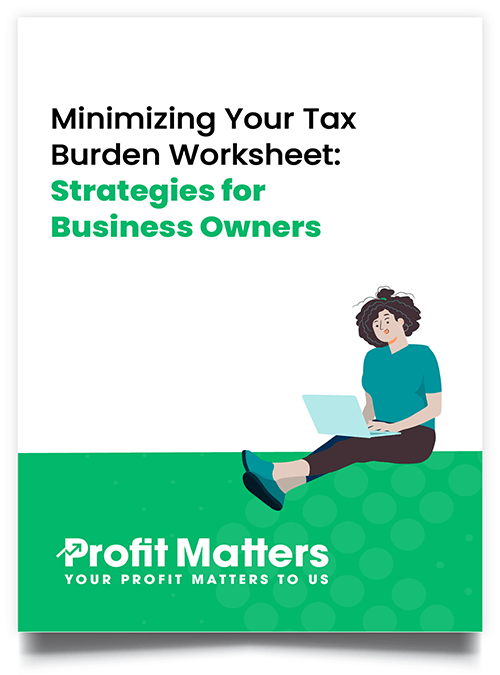Tax season is always a stressful time of year for many people. This is especially true when it comes to business owners. They are trying to balance the financial statements of their company for tax compliance purposes. Most business owners are unaware of the many tax breaks and deductions available for small businesses. These deductions and tax breaks can cut the burden on your bank account. This blog post will go in-depth into some of the best ways you can reduce your taxes as a business owner. We will discuss how to deduct home office expenses. We will also discuss what types of income qualify for pass-through taxation, and more.
Benefits of Deducting Business Expenses
As a business owner, it is important to know what types of expenses you can deduct on your tax return each year. For example, if you own and operate an auto repair shop out of the garage in your home, you qualify for a home office deduction. Having this type of “home office” deduction could save you thousands. Other popular deductions for entrepreneurs include things like travel expenses (hotel stays).
How to Qualify for Pass-Through Taxation
Pass-through taxation is a tax exemption given to the business. The tax burden is passed to another party that pays on behalf of the business. To be eligible for pass-through taxation when filing with the IRS, you must meet some requirements. To begin with, your business must have been profitable during at least three out of five years of operations. If your business falls under small businesses, you qualify under sole proprietorship, partnership, or LLC.
Businesses qualified under sole proprietorship are registered under the owner’s name. The entire tax burden is on the business owner. The tax is paid as personal income tax from all the income earned from business profits. The tax process is simple under sole proprietor business. The business benefits from deductions related to state registration. The owner does not need to register the business with the state.
A partnership business is when two or more people come together to do business. The tax benefits accruing to this form of business are that the owners do not pay the income tax. Instead, profits from the business go to individuals. The owners pay profit taxes together with other personal taxes.
Single owner Limited liability company (LLC) qualifies for a 20% tax deduction of the business income. The deduction comes in form of tax cuts offered by the federal government. Tax cuts taxation plan sets a flat rate for LLC to simplify personal income taxation. LLC owners with a pass-through taxation option get taxed their business income as personal income. LLC profits are taxed on individual’s tax rate bases. Since the single owner LLC has a lot of similarities with sole proprietor business. It is advisable to consult an income tax expert to give professional advice.
Pass-through taxation ensures that business income is not double taxed. When a business fails to file for pass-through taxation, there is the likelihood that business income will be taxed twice. The taxation applies when a customer buys and then the tax liability also goes to the owner equity.
Tax Deduction Tips for S Corporations Businesses
An “S” Corporation can reduce double taxation on profits by filing as a pass-through entity. Most of S Corporation’s deductions are in form of business-related expenses. Home office expenses are deductible to small business owners who work out of their homes. If you are using your home as an office, you are supposed to fill in an S deduction. Health insurance premiums paid for S corporation employees also qualifies for a tax deduction. S corporation managers should also claim tax reimbursement on some business expenses. Travel and entertainment deductions may be claimed as long as certain criteria are met (deductions must not exceed 50% of your total income). S corporation receives the highest tax deduction because all the business-related expenses are tax-free. Any tax paid on such expenses is reimbursed resulting in the highest tax saving.
Conclusion
Taxation can be burdensome to the business owner that lacks knowledge on available tax deductions and benefits. There are deductions and exemptions in every form of business but only benefits informed business owners. It is advisable to seek information from tax experts to know the deduction available for your kind of business.
Article written by: Maggie Bloom


